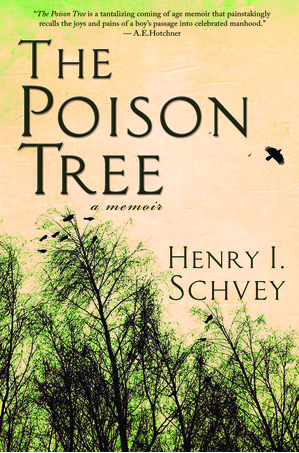Share the post "Nicole Krauss’ Great House"
Nichole Krauss’ Great House
by Diana Davis
Reading prose from her new book, Great House, Nicole Krauss’ exquisite cadence rained like a solemn symphony in the auditorium, her listeners straining to absorb every word.
Krauss’ appearance at the Jewish Community Center on September 21 (sponsored by Left Bank Books and the upcoming St. Louis Jewish Book Festival ) was an opportunity to hear more about this novel that explores how the Jewish people struggle to create meaning in their lives amidst the echoes of great loss.
The novel, written in four-part monologue, follows different stories each with a different cast of characters. For 25 years an American woman lives in New York City as a reclusive novelist. She writes from a desk she inherited from a Chilean poet who disappeared in the custody of the secret police. One day a girl, claiming to be the poet’s daughter, arrives to reclaim the family desk, sending the novelist into a tailspin. Across the ocean in London, a man caring for his wife (a Nazi prison camp escapee with Alzheimer’s) discovers a lock of hair that reveals a terrible secret. And in Jerusalem, an antiques dealer slowly reassembles his father’s study that was plundered in 1944 by the Nazis in Budapest.
Without chapter breaks or introductions to set the scenes, Great House is a challenging book to read. The reader is thrust from one melancholy story to another without warning but for a sudden break of a “double-double’ space that appears on the page. Audience members asked Krauss if this book was compiled from four individual stories, to which she replied, “No, the book is in the order in which the stories were written. I did not write separate stories and splice them together.”
She did note, however, that her novel was written without a plan or vision, and that the theme only emerged after she had about ten pages written. Recognizing the journey of self discovery, she realized she was writing about doubt—doubt about herself, about the universe, about religion and about God. She said the stories are a confession of sorts, all with an air of despair and helplessness.
Krauss writes scenes in a cinematic manner, as if she was holding a camera with a zoom lens focused on a minute activity. For instance, there is a scene when a father recalls cutting his son’s umbilical cord. There is no description of the mother’s efforts, feelings or expressions—the focus is purely between the father and the infant. Many years later, the aged, ailing father wonders if a breech occurred with his son because he severed him from the mother he dearly loved.
With Krauss’ eloquent prose, it is not surprising that she wrote poetry in her younger days. She recalls that as a poet, it was easy to end a piece, rewriting until each word was perfect and each stanza complete. The poet, in good conscience, closes the door and moves on, never to revisit the work again. The novel, by comparison, is always imperfect.
A group of audience members challenged Krauss on perceived imperfections, pointing out that she had not neatly tied up all the story lines, leaving them feeling resentful. Krauss defended her position: “Americans always want things tied up in little packages, like in sitcom, where all problems are resolved.”
Krauss’ choice of the title Great House follows her “loose-ends” philosophy. She said she writes stories as though she is building houses from the inside out. First, she stumbles upon a doorknob, so then she must write to build a door. Then she must write to build the room into which the door opens. She keeps building until she believes the story is told. She compares writing a novel to home ownership, as is there is always something that must be repaired or replaced—it is never completely finished.
Great House is a good read and will stay with you for quite some time thereafter, a tribute to this sensitive, talented wordsmith.

